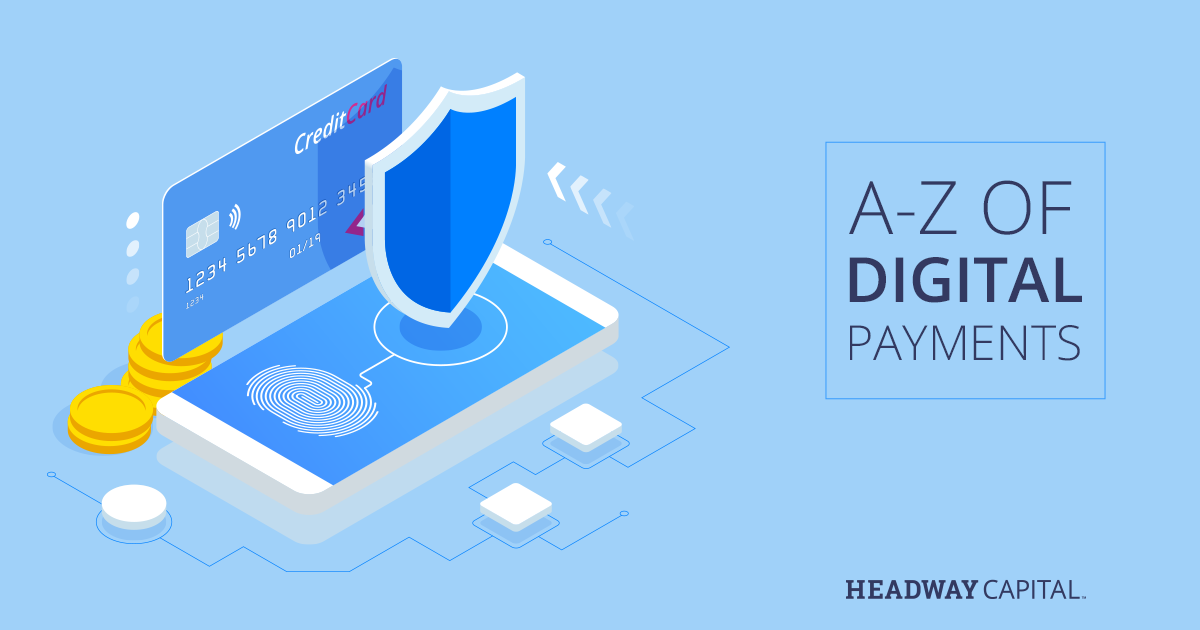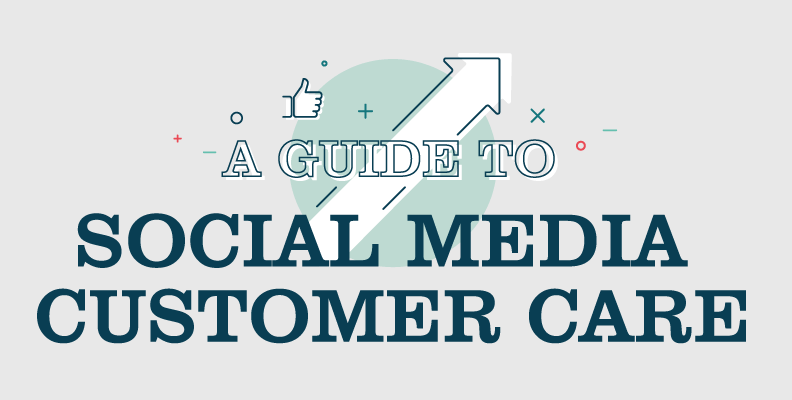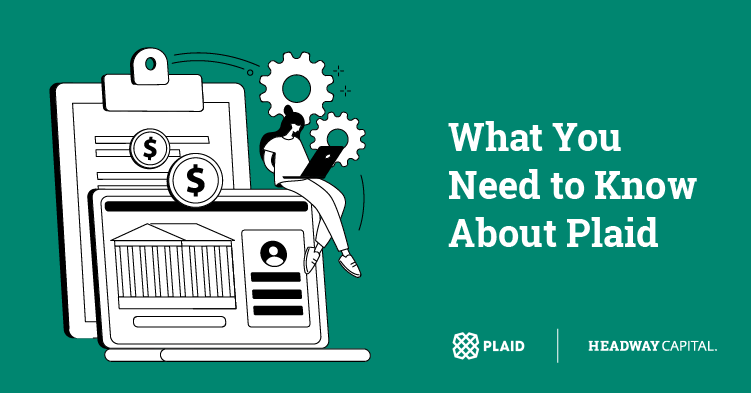The 5 Things You’ll Need for a Business Loan
It can feel overwhelming finding funding for your small business, especially if it’s your first time trying to secure a business loan. There are so many different lenders with different requirements and products, it can feel like another job trying to make sense of it all. If you want to start trying to get a handle on what you’ll need to successfully apply for a small business loan, check out our list of five basic requirements almost all lenders will require.
1. Basic Business and Personal Info
This includes things like your name, birthday and social security number, plus your business’s address, phone number and tax ID. This all might seem straightforward, but make sure everything’s correct and up to date. This information will be used to verify your identity and weed out fraudulent applicants, so any mistakes could short-circuit your application before it’s even considered.
2. Desired Amount and Use for Funds
A lender will obviously want to know how much you want, but are you ready to explain exactly how you’ll use it? Some lenders just want to know whether the money is for expansion, payroll, cash flow or some other expense. Many lenders will require a detailed business plan, however, asking you to get in to details about how your business makes money and how these new funds will help you grow. Generally, the larger the amount you’re asking for, the more likely it will be that a lender will require a complete business plan with your application.
3. Years in Business and Gross Annual Revenue
These are used by underwriters to determine how good of a candidate a business is for a loan. Businesses that have been operating longer and have higher revenue are considered safer investments because they have historical success and bigger financial cushions to help them if revenue declines unexpectedly. If you’ve been open for a short time or have little revenue, it won’t necessarily make it impossible to get a loan, but you may have to settle for a smaller amount with more expensive terms than what you were hoping for.
4. Business and Personal Credit Score
Like time in business and revenue, lenders check these numbers to make a decision about how sound an investment your business is. The business credit score is more heavily weighted, so it might be worth looking in to how you can raise your business’s if you’re looking for funds. Your personal score becomes more important when your business doesn’t have a score or if that score is too new. In these cases, be aware of your personal score, since it can make or break your loan application.
5. Bank Statements
Many lenders will ask for month-to-month bank statements to help verify your stated revenue and check to ensure that you can repay. Though it might seem intimidating, this step is as good for you as for the lender. It’s just as bad for a small business to have debts it can’t repay as it is for a lender who can’t get their principal back, so this step can be a good reality check for all parties. Lenders will also use these statements to double check your revenue and financials, so make sure all your numbers line up before you submit.






